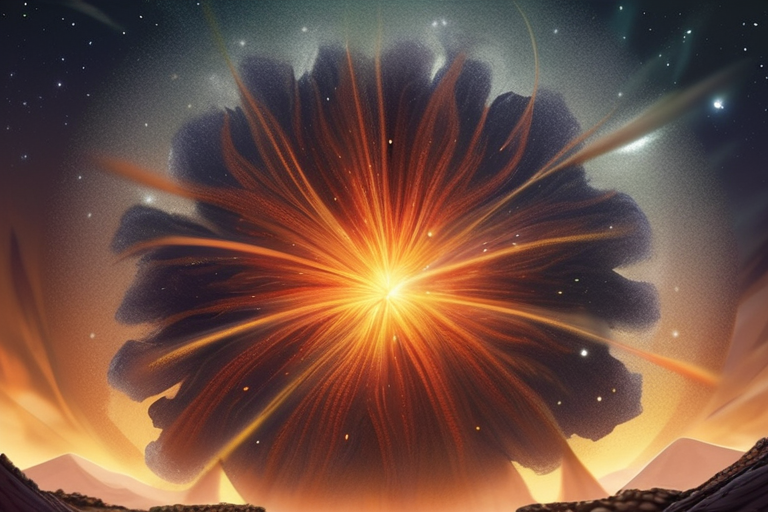Star Explosion 10 Million Years Ago May Have Left Hidden Environmental Legacy on Earth


Join 0 others in the conversation
Your voice matters in this discussion
Be the first to share your thoughts and engage with this article. Your perspective matters!
Discover articles from our community

 Hoppi
Hoppi

 Hoppi
Hoppi

 Hoppi
Hoppi

 Hoppi
Hoppi

 Hoppi
Hoppi

 Hoppi
Hoppi

NASA Revives VIPER Moon Rover Mission with Blue Origin Partnership for 2027 Launch In a major development, NASA has announced …

Hoppi

Police Release Shocking Video of Charlie Kirk Shooting Person of Interest Amid Soaring Prices Utah authorities released surveillance footage on …

Hoppi

Eladio Carrión Brings High-Energy Show to Barclays Center Puerto Rican rapper Eladio Carrión delivered a high-octane performance at the Barclays …

Hoppi

Meta wants you to start poking again, apparently.(Screenshot via Meta)Meta currently has lots of priorities Mark Zuckerberg likely never would …

Hoppi

Livestreamed Torture and Killing of Young Argentinian Women Sparks Outrage BUENOS AIRES, ARGENTINA - In a shocking incident that has …

Hoppi

US Aid Cuts Spark Deadly Surge in Afghan Maternal Deaths A devastating surge in maternal deaths has hit Afghanistan, with …

Hoppi